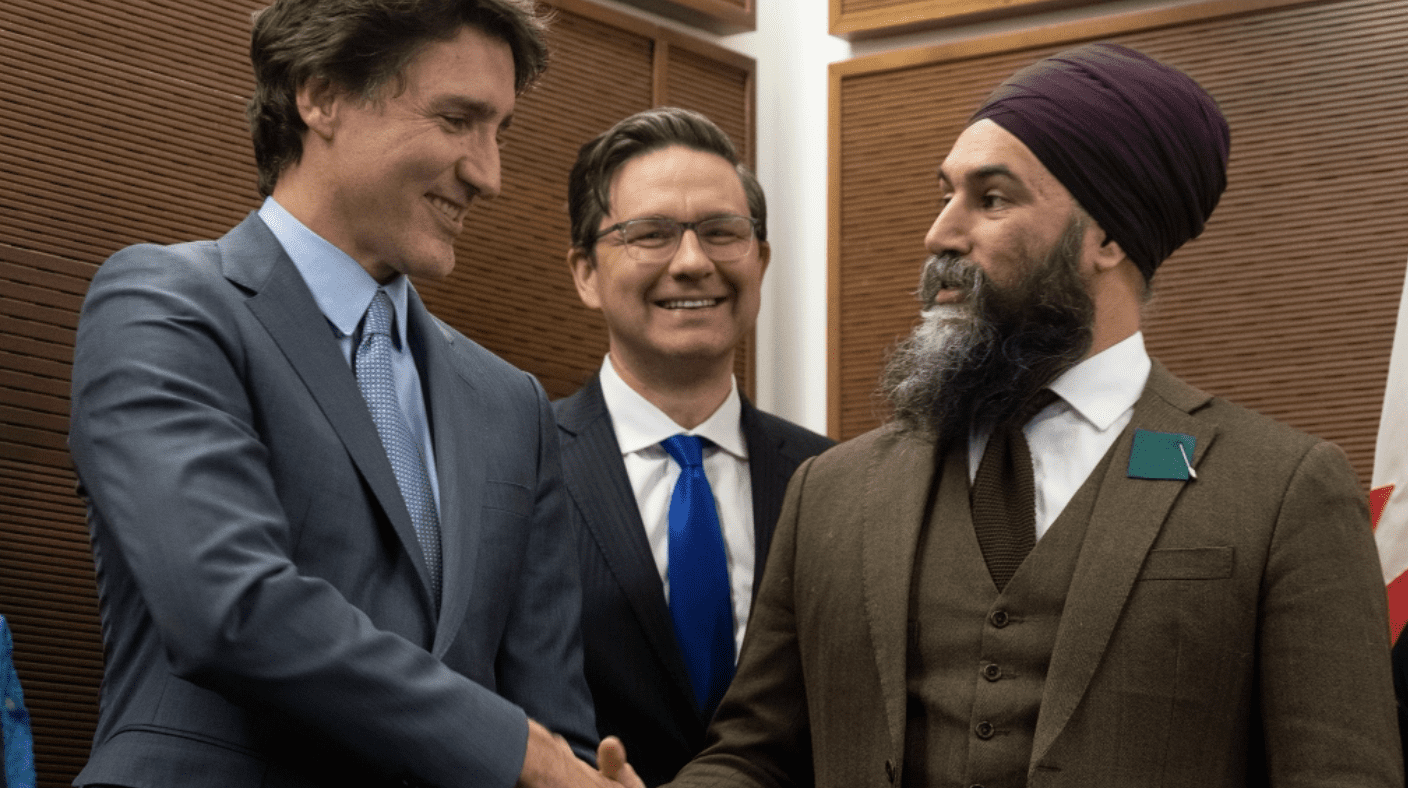
This content is only available to our subscribers!
Become a subscriber today!
Register
Become a subscriber today!
Register
Become a subscriber today!
Register
Become a subscriber today!
Register
Become a subscriber today!
Register